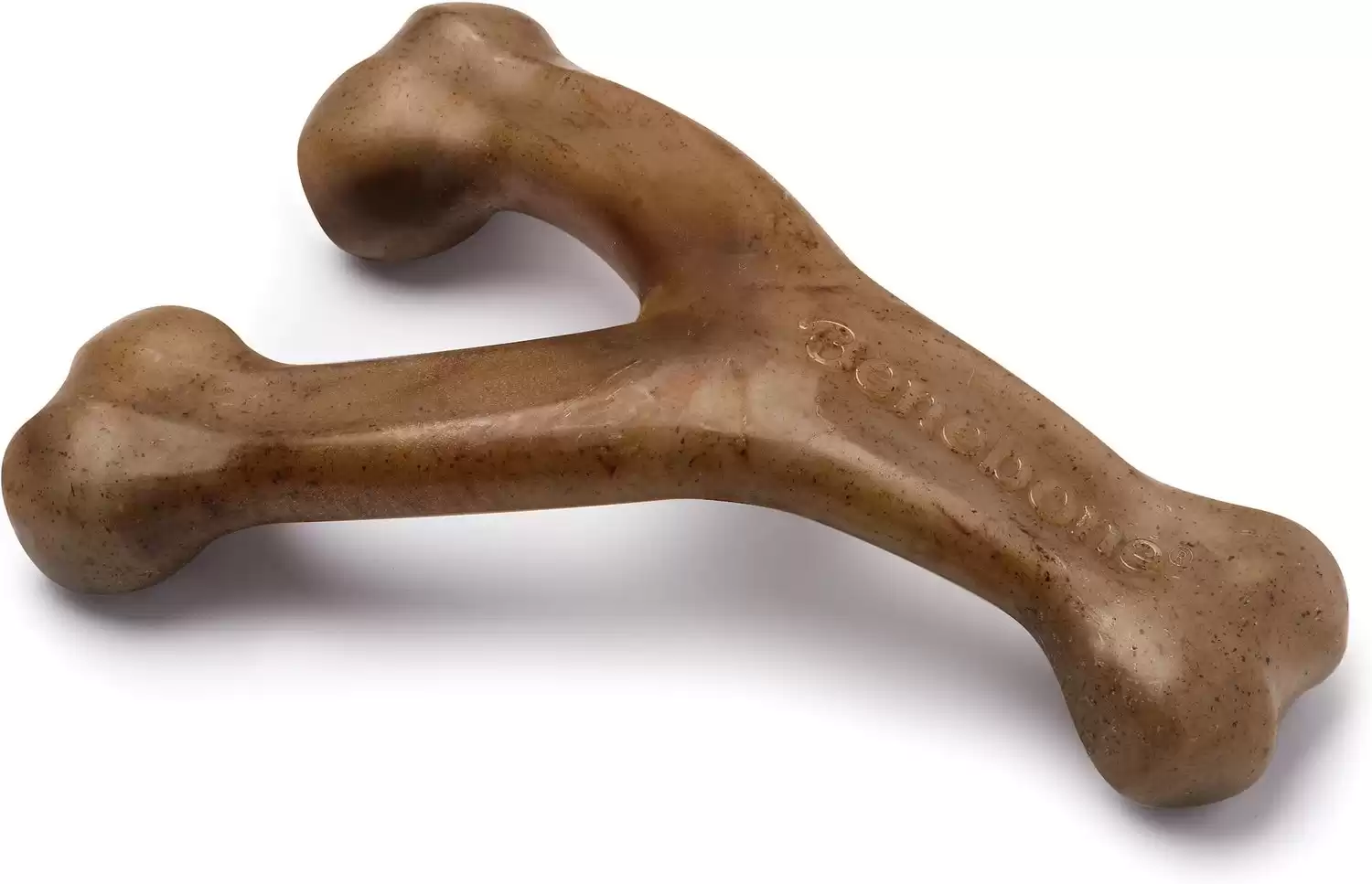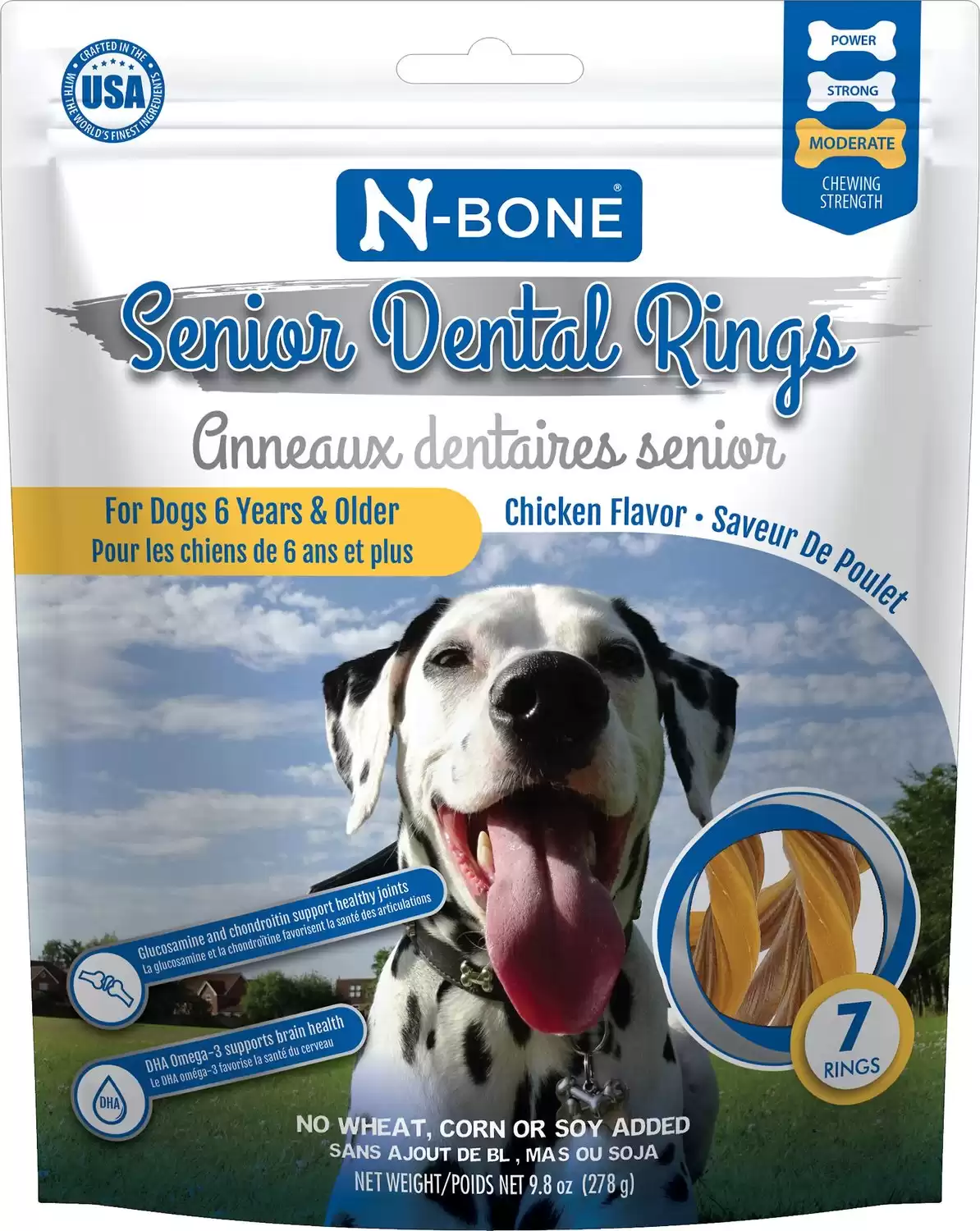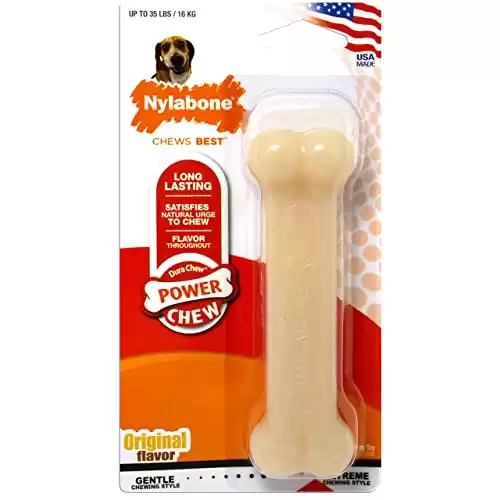Raw chicken bones have some amazing benefits for our canine companions. But many pet parents wonder if it is safe to feed their pup these bones, fearing their fur baby could choke. Low risks are associated with chewing raw bones, as long as they cannot shatter or break into smaller pieces. In fact, such bone chewing helps cleanse your canine’s teeth! However, not all bones are safe for dogs. It is important to provide the right type of bone and not simply offer leftover table scraps. Join us, as we delve into which bones are safe to feed your beloved pup!
Are Chicken Bones Healthy for Dogs? Cooked vs. Raw
Dogs can eat raw or uncooked chicken bones. But they should not eat cooked chicken bones, and here’s why:
Raw chicken bones are the best option for dogs, according to Dr. Adam Sternberg from the Greencross Vets Brookvale. Cooked chicken bones can fracture teeth, break into small pieces, splinter, and pose a higher risk of choking.
Raw or uncooked chicken bones are a natural source of food for dogs. They contain healthy sources of phosphorous and calcium, alongside a range of dental benefits for dogs. Additionally, raw chicken bones can easily dissolve in a dog’s stomach, which prevents blockages.
However, cooked chicken bones do not digest easily, and the bones can be swallowed in large pieces. Broken pieces of cooked chicken bones are the number one reason dogs choke from bones. It is common for owners to give their dogs leftover chicken bones after a meal, but this is dangerous.
Wild dogs do not eat cooked bones, but rather raw bones from their last meal. Additionally, cooked chicken bones do not have the same teeth cleaning benefits, since the hardness of the bones has been lost. The cooked bones could splinter and injure your dog.
- Designed specifically for aggressive chewers
- Infused with real bacon flavor
- Tougher than a real bone and will last longer, too
- The curved design makes it easy for dogs to grip
- Available in four sizes: small, medium, large, and giant
Which Types of Bones Can Dogs Eat?
Raw (uncooked) bones are the safest option for dogs. These bones should be sourced from a butcher in sanitary packaging, and they can be chicken, lamb, and turkey bones. The bone should be large enough for your dog to chew without being small enough to fit into his mouth. Pork or rib bones are not recommended for your dog. These are more likely to splinter than other bones, making them a choking hazard.
Beef, bison, or buffalo bones can be too hard for your dog, according to veterinarian Peter Dobias. Some bones are also better suited for dental, play, or as food.
Can You Give Dogs Chicken Bones from Your Meal?
If the bones come from a human meal, it means they have been cooked. Avoid giving your dog chicken bones from the table, even if she begs while you are eating. Cooked or heat-processed bones are dried and this process makes them indigestible for dogs making them a safety hazard.
Since the bones have been dried to the point of easily breaking, they can splinter and cause internal damage. This is the same for hollow bones, which include chicken and turkey bones that have been cooked. All cooked bones can be dangerous for a dog to ingest and chew, regardless of the bone’s source and size.
Cooked chicken bones can even be fatal! Only give large, raw bones to your precious pup.
- These bones are ring-shaped
- They are fortified with minerals that are particularly good for senior dogs
- Some nutrients include DHA, omega-3, glucosamine, and chondroitin
- These nutrients support eye, brain, and joint health
- Includes fewer allergens than most other dog bones since it doesn't include wheat, rawhide, soy, or corn
Benefits of Raw Chicken Bones for Dogs
Chewing on raw chicken bones is beneficial for your dog’s health, if fed appropriately. Raw chicken bones offer your dog a natural form of mental stimulation, as dogs love to chew.
Let’s look at some of the benefits of raw chicken bones for dogs:
- Offer dogs a natural source of phosphorous and calcium
- Help scrape plaque from your dogs’ teeth aiding in better dental hygiene to prevent gum disease
- Helps to make the stomach muscles stronger to prevent bloat, as bones have a cleansing effect
- Stimulates saliva in your dog’s mouth, keeping your dog’s mouth healthy
- Helps your dog produce more stomach acid during chewing, which speeds up metabolism
- Keeps your dog occupied and strengthens chewing muscles
How Can You Safely Feed Chicken Bones to Your Dog?
Always supervise your dog while he enjoys his bone. Do not give your pup bones more than three times a week. Excessive chewing can make a dog’s muscles tight. Do not give hard bones to dogs with dental issues such as broken teeth, injured gums, or mouth diseases. Make sure the bone is the right size for your dog, and not too small to swallow.
Any type of bone, regardless of whether it has been raw or cooked, can be a choking hazard for dogs. Always supervise your dog while she is eating a bone. The bone itself should be large enough that your dog can chew it freely without getting stuck in his mouth. If a part of the bone is small enough to fit into your dog’s mouth, it could get stuck in the esophagus.
Your dog should get routine teeth check-ups by a veterinarian, as dogs who have teeth and gum issues may have difficulty chewing on hard bones, which can lead to further dental problems.
- Created from durable nylon that can endure hours of aggressive chewing
- Available in the following flavors: original, bacon, peanut butter, or beef jerky and chicken
- Designed to discourage destructive chewing
- Cleans teeth and freshens breath
- Be sure to select the correct size and chewing strength for your puppy
Conclusion
Never give your dog cooked bones. Rather, provide your furry friend with raw bones. The best raw dog bones are usually soft and hollow and contain cartilage or other connective tissue according to veterinarians. Poultry bones, such as raw chicken bones, are preferable. Additionally, make sure that you supervise your dog while she enjoys her raw bone treat.
The photo featured at the top of this post is © iStock.com/K_Thalhofer
Ready to discover the top 10 cutest dog breeds in the entire world?
How about the fastest dogs, the largest dogs and those that are -- quite frankly -- just the kindest dogs on the planet? Each day, AZ Animals sends out lists just like this to our thousands of email subscribers. And the best part? It's FREE. Join today by entering your email below.
Sources
- American Kennel Club, Available here: https://www.akc.org/expert-advice/health/what-to-do-dog-eats-chicken-bone/
- Dr. Peter Dobis , Available here: https://peterdobias.com/blogs/blog/116373829-5-things-you-need-to-know-about-bone-feeding-and-dogs
- Green cross vets, Available here: https://www.greencrossvets.com.au/can-my-dog-eat-leftover-bones/
Thank you for reading! Have some feedback for us? Contact the AZ Animals editorial team.









